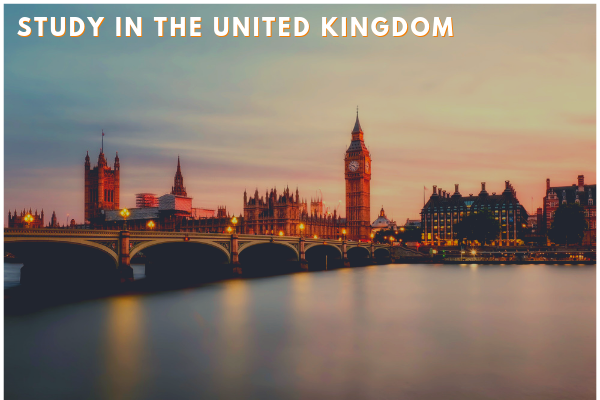Intakes
The main intake offered by all Universities is September / October few universities offer January / February intake also. Few universities also offer admission 3 to 4 times in a year.


The main intake offered by all Universities is September / October few universities offer January / February intake also. Few universities also offer admission 3 to 4 times in a year.
English Language:
Note: Exemption is possible if student has scored above 70% in English language in the X and XII std. (English Medium) & if medium of instruction has been English throughout school & college.
Education costs:
* These include the cost of accommodation, heating, lighting, food, clothing, books and daily travel for one person for one year.
Students with strong academics, good performance on standardized exams & extra-curricular achievements could be eligible for scholarship awards. There is lot of universities offering scholarships/bursaries to potential students for both UG as well as PG courses.
To apply for a student visa you must submit your visa application at the nearest British High Commission or Embassy. Application with all the required documents and visa fee will be accepted and put up for decision to an Entry Clearance Officer (ECO) from the nearest visa issuing centre of the British High Commission or Embassy.
The following documents are required for the student visa of UK:
i. Cost of course fees and receipt for any fees paid
ii. Details of accommodation and how much it costs
iii. The start date and duration of the proposed course
If you are going to the UK as a student for six months or less, you must ask the Entry Clearance Officer for permission to work.
If your visa is refused and you have paid a deposit to your institution for tuition fees then you will receive a refund of the deposit when you send the institution a copy of your visa refusal letter from the High Commission. A few institutions deduct a small amount usually no more than £ 100 for processing the refund payment.
As compared to the cost of studying in Dubai only, going abroad can seem to be steeply expensive. However one must keep the possible returns in mind which are in the form of quality of education, international exposure and boost to your career when evaluating the costs of studying abroad. A student can rely on sources like family funds, bank loans, scholarships, bursaries, sponsorships etc. to provide for funds required by him.
Some universities require the students to pay part of the tuition fees in advance in order to reserve a place for them in the university. In any case we recommend that all students should make a deposit payment as it facilitates in getting a student visa.
British Universities do not have a formal ranking system but the government does take the responsibility to monitor and control the quality of education provided by each university through the Quality Assurance Agency for Higher Education. The Government conducts a Research Assessment Exercise once in every 5 yrs. which determines the level of research activity in a university department. The departments are graded as high as 5* and as low as 1. General League Tables prepared by newspapers like the Sunday Times and Financial Times can also be checked.
